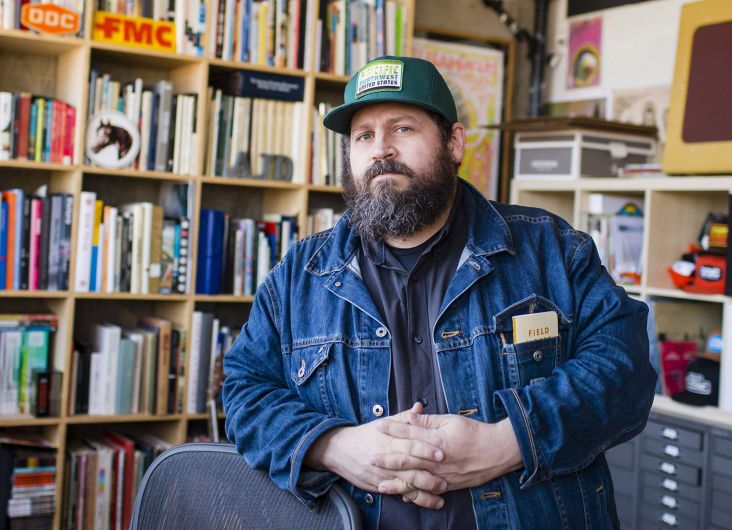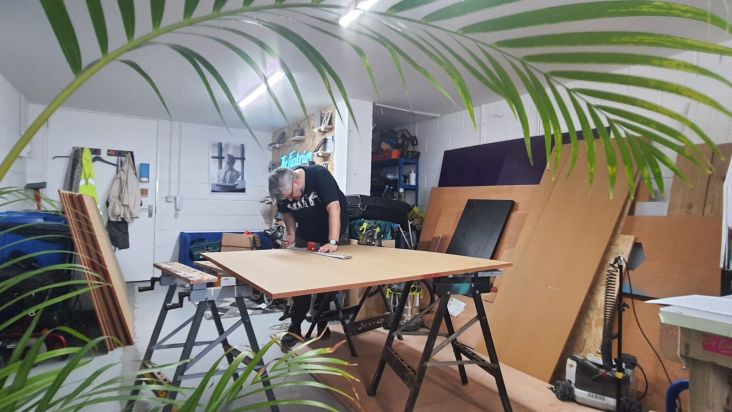How to turn business away professionally
When it comes to freelancing, you'd never think you'd ever want to turn business away. But sometimes, it's the only choice, that's whether it's a project for a prospect or a current client.

Image licensed via Adobe Stock
Reasons for turning business down could be anything from being too busy, having insufficient skills or conflicts of interest, to low paid jobs or simply dealing with people who are too darn difficult or stressful.
But how on earth do you walk away with your reputation intact and without burning any bridges? How do you turn business down without causing any damage? Here are some top tips on how to turn business away professionally.
Overprice your quote
Quote higher prices on any projects you don't want to work on. By making yourself unaffordable, you're giving the client the option to walk away. It's a clever, subtle way of turning projects down without causing any issues.
However, if it's a current client who's already aware of your day rate, simply up your prices. That's right. Send out a letter and explain that: "Due to business expansion and additional running costs, you've had to take the necessary steps to increase your hourly rates". By making yourself more expensive, you're putting the ball in their court. But what if this doesn't work and they still want to go ahead? It won't matter because you'll get more money for the trouble.
Ask for budgets upfront
One excellent tip is to ask the prospect or client what their budget is for the project. You should ask this question before you do anything else, as it stops you from wasting time and gets straight to the point.
Essentially, you want to find out if the project will be worth your while but at the same time, if it doesn't smell right you can simply explain that their budget isn't sufficient. If you're feeling generous, you could then suggest other local freelancers or firms who might be able to help.
Make yourself unavailable
Be apologetic and polite, explaining to the client that you're unable to take on any further work at present. That you're booked up until four months in advance but you'd be more than happy to add them to your 'waiting list'. This will certainly do the trick as most businesses want projects to start immediately. However, if your services are very niche or you're well-known for your high-quality work, you might find this backfires as people love exclusivity and might be prepared to wait.
Be humble
Compliment the prospect or client and explain that you feel you are not big enough to take on the project. You could then suggest and recommend larger agencies or firms who could help. You never know, you might gain some sort of commission for referring the work to another business.
Stick to your guns
In the world of business, you will experience many a sob story. People will explain that they 'haven't got much budget' and they're 'desperate' for help. As much as you might be a good person, this really isn't your problem. You're running a business, not a charity – so learn to 'say no' and stick to your guns. Be apologetic and sympathetic but explain that you simply can't provide support for anything other than the price you've quoted.
Remain professional
No matter what happens, remain friendly and professional. If you have someone attacking you because of any of the above actions, then simply keep calm and reiterate that you wish you could lower your budget; make room in your busy schedule or provide help – but you're unable to.
A good way to get people to calm down is to explain that you have their best interests at heart and if you were to lower your costs, it would only impact on the quality of your work – something that you're not prepared to do and something that wouldn't be fair to them. And that should help you to turn business away while remaining professional.







](https://www.creativeboom.com/upload/articles/86/862919952c0ad18439004228895a431dc6e45ffc_732.jpg)














